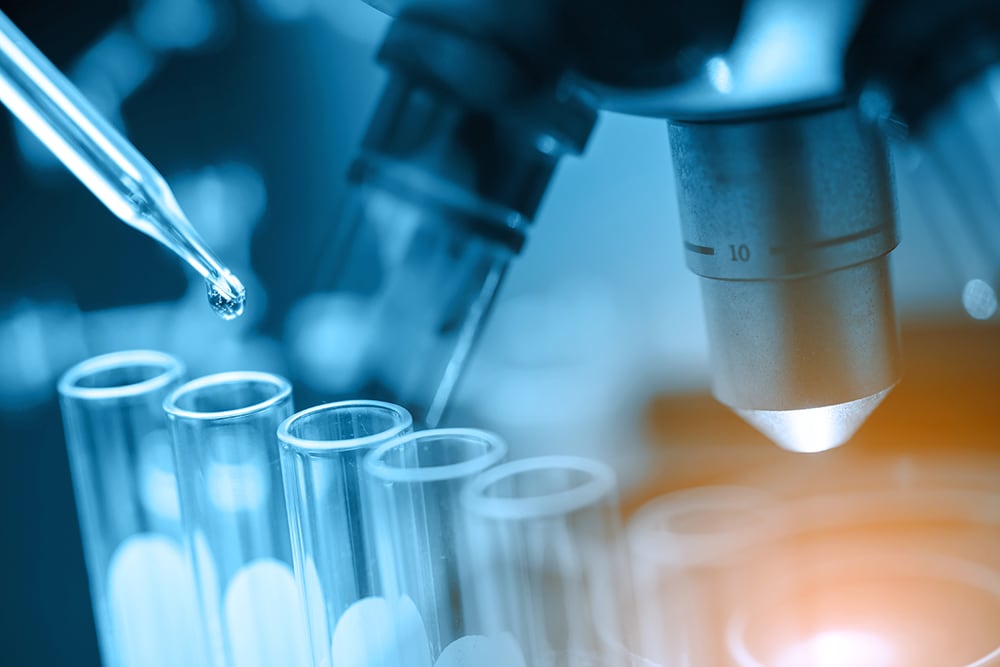In Nebraska, Training is Key to a Strong Laboratory Response Network
Why Training Matters
Nebraska’s communities rely on clinical labs to quickly identify dangerous pathogens, particularly during emergencies like a biological terrorism incident or an infectious disease outbreak. Because these laboratories handle potentially dangerous pathogens, it is critical that laboratory staff are trained in the most effective identification methods. The sooner they can identify the pathogen, the sooner they can take appropriate protective action.
Webinars Make Training Easy to Access for Rural Labs
To ensure that Nebraska’s labs have the necessary expertise to safely handle dangerous pathogens, staff first practice with attenuated (weakened) strains of the pathogen. During training exercises, staff must safely identify which pathogens require increased safety precautions. After the exercises, Nebraska Public Health Laboratory (NPHL) training coordinator Karen Stiles connects with training participants to review exercise results. The webinar format especially benefits smaller, rural laboratories, making it easy for staff to receive regular updates on the latest and best detection methods. This training is critical because smaller, rural labs rely on generalists who work in all areas. As a result, they have less familiarity with rarer, dangerous pathogens.
CDC Supports Frontline LRN Labs
Nebraska’s clinical laboratories—like many others across the nation—are part of CDC’s Laboratory Response Network (LRN). CDC’s LRN provides an adaptive and scalable lab framework for preparing for, detecting, and responding to threats. Nebraska and other states can build lab capacity and conduct trainings like these because of LRN and funding through CDC’s Public Health Emergency Preparedness (PHEP) cooperative agreement.
PHEP also supports training for lab staff in the use of Secure Telecommunications Application Terminal, or STATPack™. By making it possible for labs to electronically send digital images of suspicious or unknown organisms to the state public health laboratory for consultation, STATPack™ drastically reduces the time it takes to confirm or rule out the more dangerous pathogens. This means patients can find out within minutes if they have certain dangerous diseases, physicians can quickly and appropriately treat them, and public health officials can prevent large outbreaks.

Nebraska’s communities rely on clinical labs to quickly identify dangerous pathogens.